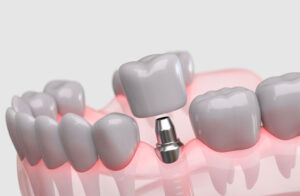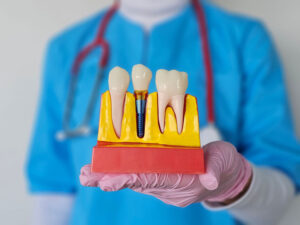Migraines can be incredibly painful, time-wasting, and, according a recent YouGov poll facilitated in the UK, misunderstood. According to the poll, sixty-four percent of adults interviewed believe their employers don’t understand the severity of migraines, and their effects on staff.
What this could mean in the U.S. is simple: suffering job performance due to migraines might result in disciplinary actions.
In fact, several workers interviewed by The Migraine Trust have reported employers threatening to fire them due to migraine-related difficulties. Coupled with the debilitating effects of migraines, such as nausea, pain, and sensitivity to light, which could last from hours to even days, it makes the stakes of finding an effective treatment top priority.
Fear for their jobs may also contribute to men’s reluctance to admit they have migraines.
Why Are Migraines so Difficult to Understand?
Migraines are not simply one condition but an umbrella term that describes a series of conditions related to the complex interactions between your nerves and blood vessels. What this means is that despite similar symptoms between patients, the underlying causes of migraines are not the same for everyone. Some migraines are genetic. Others are thought to be caused by high blood pressure, irregularities in blood vessel systems, central nervous disorders, or even TMJ. So treating migraines requires a variety of approaches in order to find the mechanisms causing migraines in the first place..
TMJ headaches specifically have a high probability of being misdiagnosed, leading to mistreatments, and in some cases, can cause migraines or migraine-like symptoms.
Migraines and TMJ
As migraines are not one condition but a nebula of symptoms, they are incredibly difficult to study, and a solid connection between TMJ and migraines has not been verified. However, there is likely a causal link between the trigeminal nerve, migraines, and TMJ.
During a migraine, abnormal stimuli in the trigeminal nerve can release vasodilators, causing inflammation in the blood vessels which results in pain. A potential candidate for this abnormal stimuli is overactivity in the jaw. Seven of the eight muscles controlled by the trigeminal nerve fire during biting, chewing, and swallowing, and any dysfunction of the jaw can exacerbate how hard these muscles are working.
Possible Migraine Treatment
Although we don’t completely understand the link between TMJ and migraines, we do know that TMJ treatment may reduce the frequency and severity of your migraine attacks. Treating TMJ can also help fight against tension headaches, jaw pain, tinnitus, and other related symptoms.
If you’re hoping for TMJ treatment, there are several drug-free options available. Corrective mouth guards and TENS treatment to relieve jaw muscles can often provide needed relief.
If you live in or around Westchester County, Peekskill, or Yorktown, New York and suffer from chronic migraine headaches, please contact our neuromuscular dentists at Advanced Dentistry of Mohegan Lake to schedule a TMJ evaluation today.





